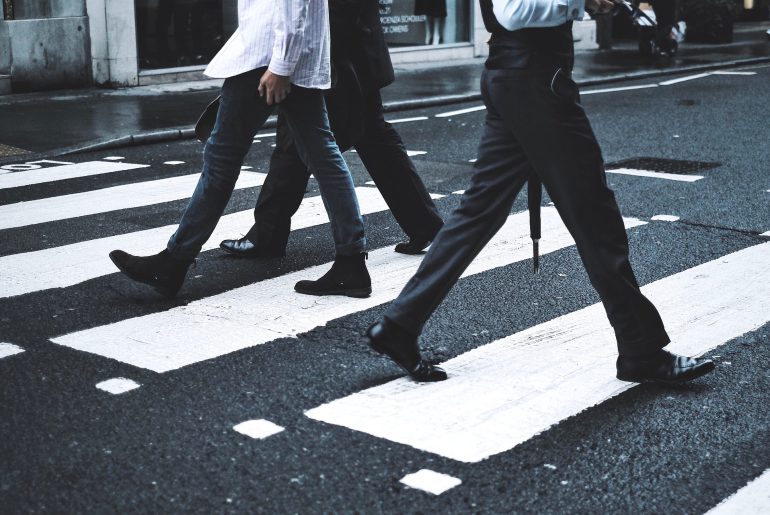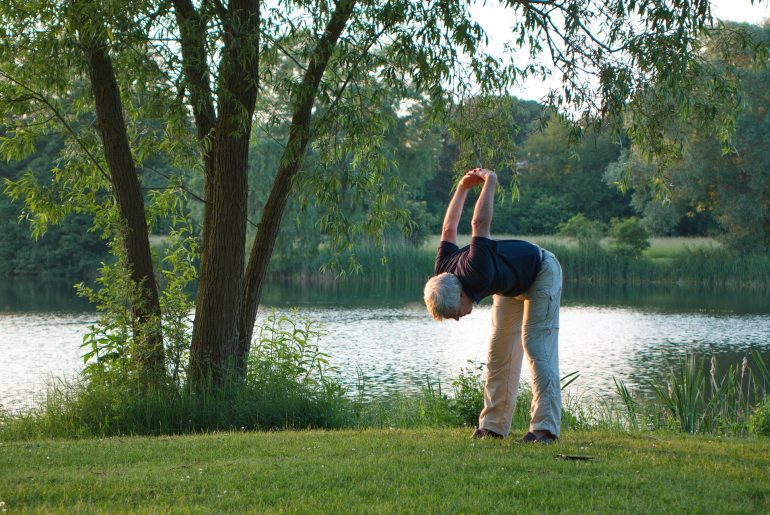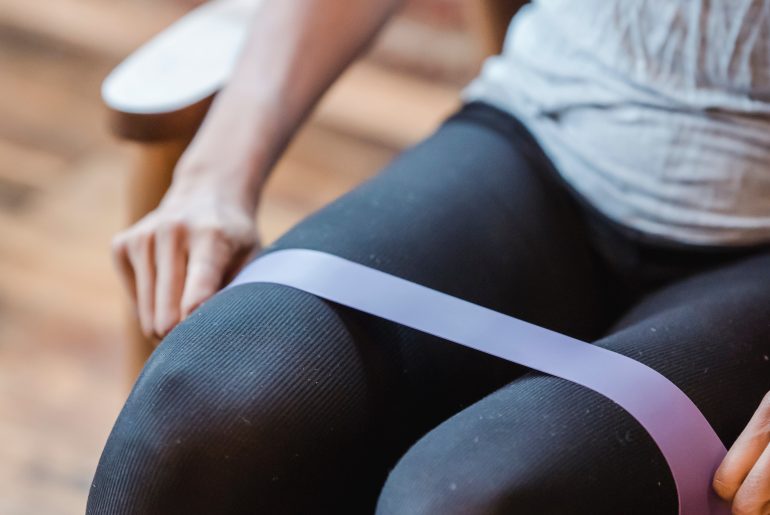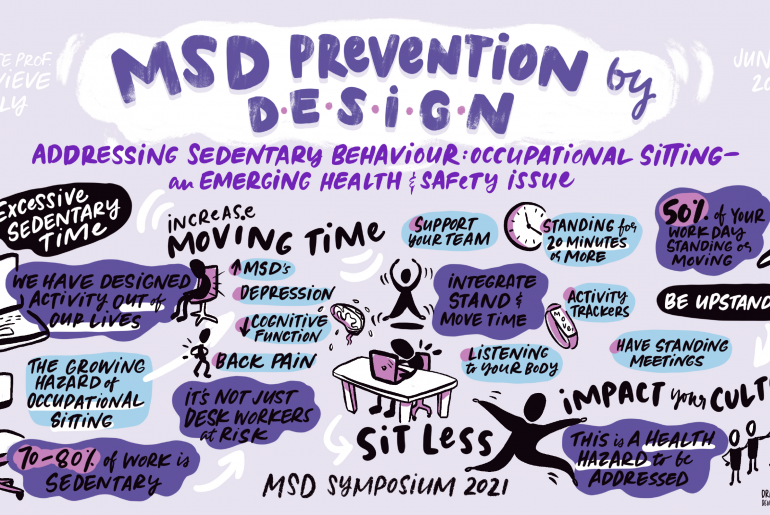Are you looking for a way to avoid that 3pm energy slump? Or even better, are you looking for an easy way to improve your mental clarity, digestion and other crucial components of your daily life? It may sound too good to be true, but a simple lunch-break walk after eating is one simple way to improve your health and wellbeing in various ways. This article will explore five major health benefits associated with a short walk after lunch, whether that be 10 minutes or 30 minutes – something is better than nothing! Reason 1: Blood Sugar Control Firstly, walking has been found to regulate the body’s blood sugar response. After you consume food your body experiences a spike in blood-sugar. The extent of this blood sugar spikes depends on many different variables, but a major one is the type of food that you consume. For example, if you consume a refined carb-heavy food such as a donut, your blood sugar may spike a lot higher and quicker than it might if you ate something like an apple, which contains more fibre, which helps to slow down this blood sugar spike. When your blood sugar spikes really quickly, it also…
![]()










